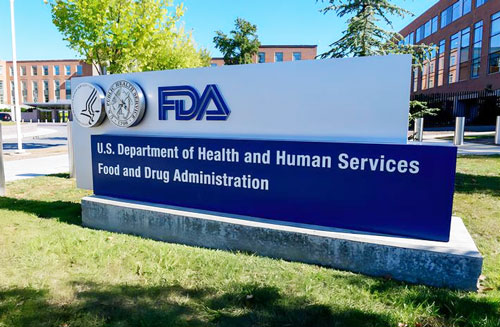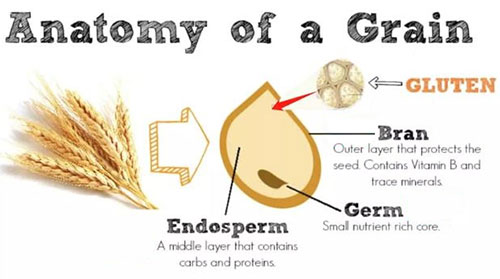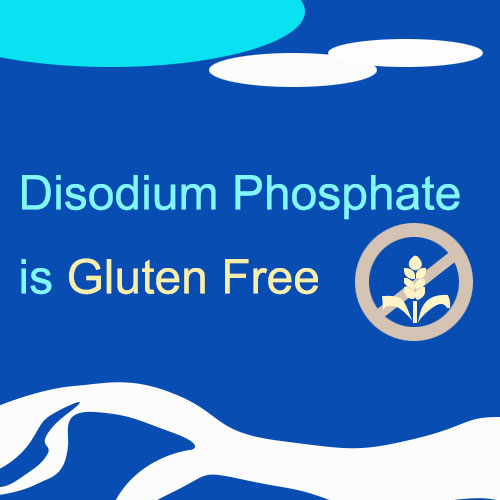I.Understanding Gluten-Free Diets
Gluten-free diets are followed by a significant number of people for various reasons. The gluten will cause certain symptoms to people with celiac disease. Check the symptoms caused by gluten from article of “Is sodium acid pyrophosphate gluten free”.
The standards for gluten-free products can vary between regions. In some countries, a product labeled as gluten-free must contain less than a certain amount of gluten, typically 20 parts per million (< 20ppm). This strict regulation ensures that those who rely on gluten-free products can trust the labels and make informed choices about their diet.
For example, in the United States, the Food and Drug Administration (FDA) has established guidelines for gluten-free labeling. Products that meet these guidelines can bear the “gluten-free” claim on their packaging. This helps consumers easily identify products that are safe for them to consume.

In Europe, similar regulations exist to ensure the quality and safety of gluten-free products. Manufacturers must adhere to strict standards to label their products as gluten-free, providing consumers with confidence in the products they purchase.
II. Disodium Phosphate
Disodium phosphate, often known as sodium hydrogen phosphate, is a chemical compound. Its chemical formula is Na2HPO4.
It is usually used in the food industry as a food additive. It serves various purposes such as a buffering agent to maintain a stable pH in food products. For instance, it can be found in processed foods like baked goods to help control the acidity and alkalinity levels. It also acts as an emulsifier, helping to blend ingredients that would otherwise not mix well.
III.The Gluten-Free Question
A.Analysis of Ingredients
Based on disodium phosphate chemical composition, it does not contain any gluten. Gluten is a protein found in wheat, barley, and rye.

Disodium phosphate is made up of sodium, hydrogen, phosphorus, and oxygen atoms and has no relation to the proteins that make up gluten. Therefore, people following a gluten-free diet can safely consume products that contain disodium phosphate without worrying about gluten exposure.
B.Comparison with Other Additives
When compared to other food additives, disodium phosphate stands out in terms of gluten content. Many common food additives may contain traces of gluten or be derived from gluten-containing sources. For example, some thickeners and stabilizers may be made from wheat or barley. However, disodium phosphate is not derived from gluten-containing materials and does not pose a risk to those on a gluten-free diet. In the food industry, additives like xanthan gum or guar gum are often used as alternatives for those with gluten sensitivities. These additives are typically gluten-free and can perform similar functions to disodium phosphate in some applications. For instance, they can act as thickeners or emulsifiers. But disodium phosphate has its own unique properties that make it useful in different types of food products. While some additives may have potential cross-contamination risks if processed in facilities that also handle gluten-containing products, disodium phosphate is less likely to be affected by such issues due to its chemical nature and production processes.
IV.Conclusion
In conclusion, disodium phosphate is indeed likely gluten-free. This is of great significance for individuals following a gluten-free diet. For those with celiac disease or gluten sensitivity, being able to identify safe ingredients is crucial for maintaining their health and avoiding uncomfortable symptoms. Disodium phosphate can be found in various products without posing a risk of gluten exposure.

In the food industry, disodium phosphate plays an important role as a food additive for gluten-free products. It helps maintain the stability and quality of these products, ensuring that they meet the needs of consumers on a gluten-free diet. For example, in baked goods that are formulated to be gluten-free, disodium phosphate can act as a buffering agent to control the pH and enhance the texture.
Moreover, in the pharmaceutical industry, its presence in certain medications can be beneficial for those who require gluten-free options. In water treatment and chemical industries, its functions are also valuable without any concerns related to gluten.
If you have other health concerns about disodium phosphate, please read the article “Is disodium phosphate bad for you” for the details.

